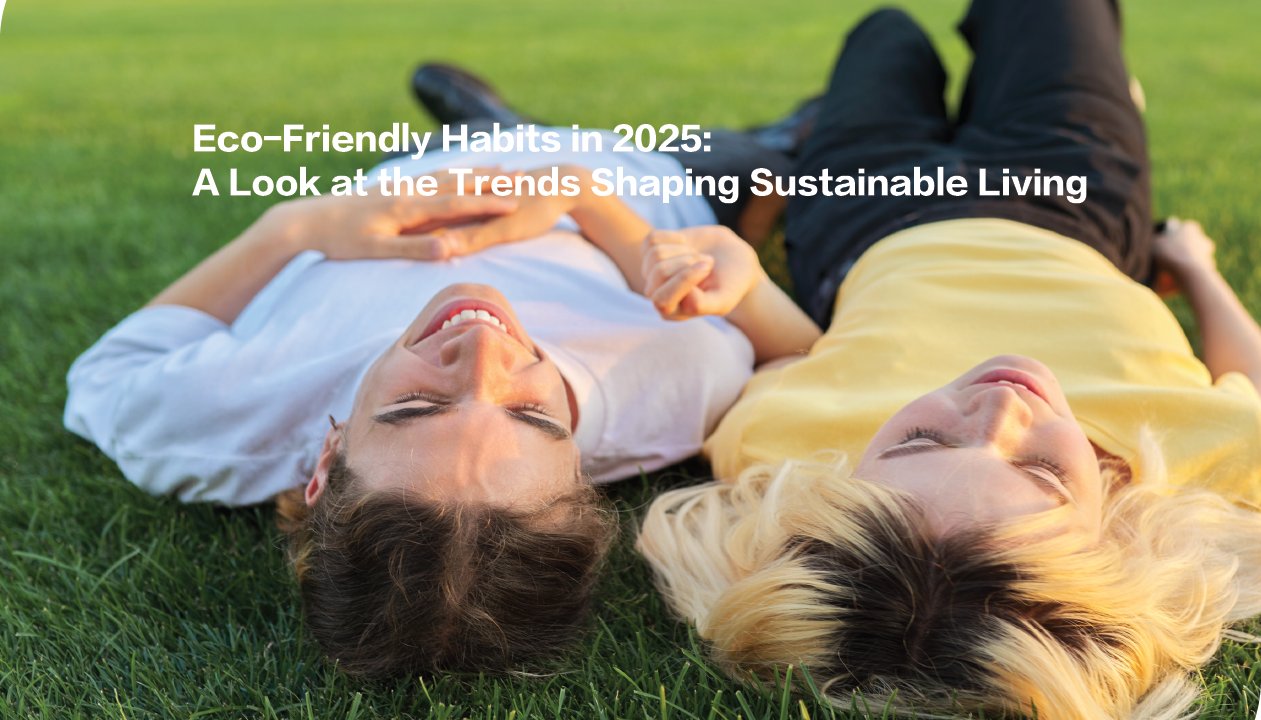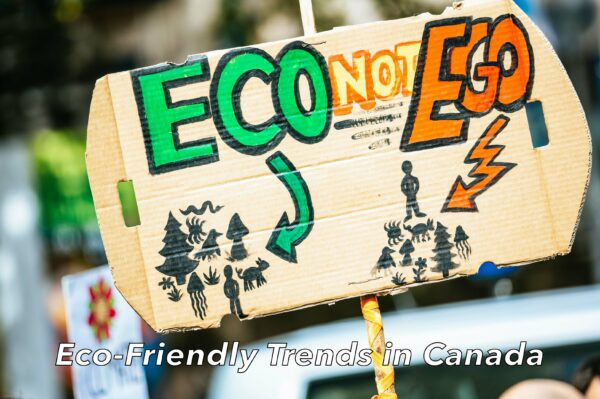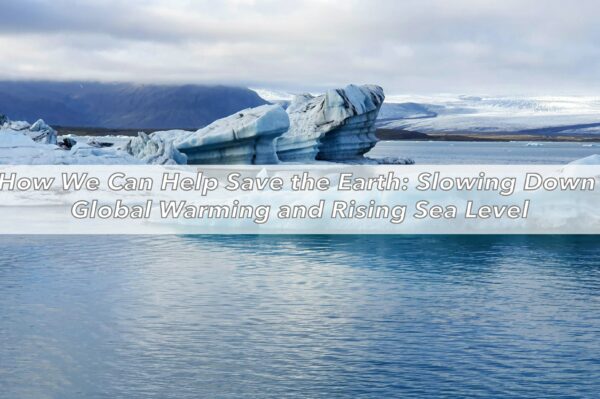As environmental concerns continue to grow, 2025 has brought with it a surge of eco-conscious habits designed to promote sustainability and reduce individual carbon footprints. With an increasing emphasis on responsible consumption, Canadians and global citizens alike are adopting new and innovative ways to live more sustainably. Here’s a look at some of the top eco-friendly habits trending this year and how they’re reshaping our approach to everyday life.
1. Mindful Consumption and Minimalism
People are increasingly prioritizing “buy less, buy better” habits by focusing on quality, durability, and minimalism. This trend is leading to an increase in buying secondhand, repurposing old items, and supporting local artisans who use sustainable practices. Minimalist living, with an emphasis on decluttering and owning only what’s necessary, has also gained popularity, reducing waste and promoting mindful consumption.
2. Sustainable Travel Practices
As travel resumes, eco-conscious consumers are seeking ways to reduce their environmental impact while exploring new destinations. Sustainable travel options, like choosing eco-friendly accommodations, reducing single-use plastics, and prioritizing destinations that support conservation, are growing trends. Electric vehicles and hybrid transportation for road trips, as well as carbon offset programs for air travel, are becoming standard among eco-minded travelers, allowing for environmentally responsible adventures.
3. Plant-Based and Locally Sourced Diets
Plant-based diets continue to rise in popularity, driven by environmental awareness and concerns about the carbon footprint of animal agriculture. Beyond Meat, oat milk, and other plant-based alternatives are staples for many, while seasonal, locally sourced foods are making a strong comeback. People are turning to local farmers’ markets and community-supported agriculture (CSA) programs to access fresh, organic produce while reducing the emissions associated with food transportation.
4. Green Technology in Homes
Smart home technology has made strides toward helping people reduce their energy consumption. Smart thermostats, energy-efficient appliances, and solar panels are becoming more affordable and accessible, making it easier for homeowners to reduce their energy footprint. In 2025, energy-conscious households are relying on smart lighting, advanced home insulation, and battery storage systems to make their homes greener and more sustainable.
5. Zero-Waste and Refillable Products
As single-use plastics fall out of favor, refillable products and zero-waste shopping options are becoming more common. Many companies are offering refill stations for products like laundry detergent, hand soap, and personal care items, allowing consumers to reuse containers rather than discard them. Household essentials are increasingly available in solid or powder forms, further reducing packaging waste and contributing to the zero-waste movement.
6. Water Conservation and Efficient Usage
Water conservation is another growing priority, particularly in regions affected by drought and water shortages. People are using water-saving devices, such as low-flow showerheads and faucets, and are finding creative ways to reduce water usage in daily routines. Greywater systems, which recycle used water from sinks and showers for irrigation, are becoming more popular for residential use, contributing to more efficient water usage.
7. Circular Economy and Product Life Extension
More consumers are embracing the principles of a circular economy, which aims to extend the life cycle of products through repair, reuse, and recycling. Rather than discarding broken items, people are turning to repair shops and DIY fixes. Companies like IKEA are offering buy-back programs, allowing customers to sell back used furniture that can be resold, recycled, or repurposed. This trend supports both sustainability and affordability, enabling people to maximize the use of their belongings.
8. Digital Decluttering and Minimalism
As more of our lives shift online, digital decluttering is an emerging trend. Excessive digital clutter, like unused files and excessive cloud storage, contributes to increased energy use and server demands. People are adopting digital minimalism by managing digital files more effectively, reducing cloud storage use, and avoiding unnecessary online shopping. This habit aligns with eco-friendly values and allows for greater organization in daily life.
Conclusion: Building a Greener Future Together
These eco-friendly trends reflect a shift in attitudes toward sustainability, where more people are making conscious choices to reduce their environmental impact. With each small change, whether by opting for plant-based meals or investing in energy-efficient appliances, individuals are contributing to a collective effort to protect the planet. As 2025 unfolds, these habits are expected to grow and evolve, leading to a greener, more sustainable future for everyone.



